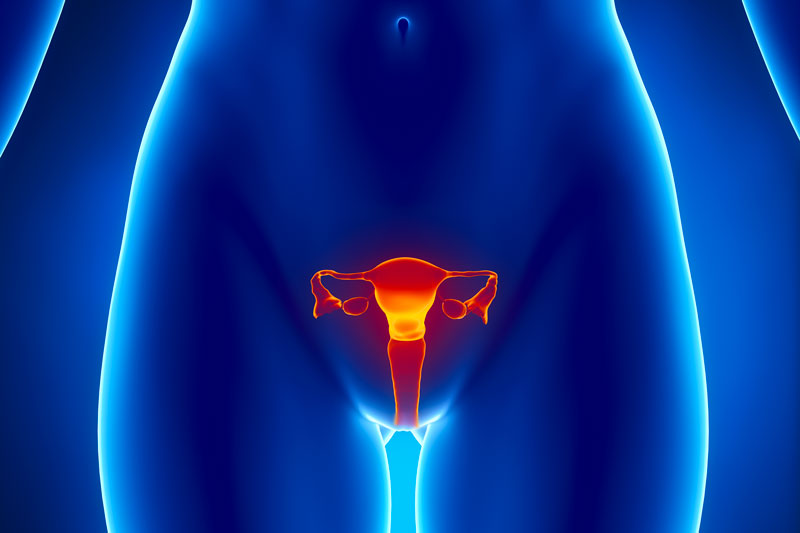Hysteroscopy is an overview of the uterine cavity using an ultra-high-resolution camera tool called a hysteroscope.
The advancement of technology has allowed not only control of the endometrial cavity but also the surgical correction of abnormalities that in the past either could not be treated or required major surgeries with significant complications.
Hysteroscopy can be divided into two major categories: diagnostic and invasive or surgical hysteroscopy.
Diagnostic hysteroscopy is performed using a very thin 3 mm hysteroscope, no expansion of the cervical spine, is relatively painless and in the majority of cases well tolerated by the woman without the use of anesthesia. Since you do not need anesthesia, it can be done in an outpatient clinic. Diagnostic hysteroscopy is performed either to confirm the existence of an abnormal pathology, such as polyps, fibroids, the presence of congenital abnormalities, or to check the uterus in cases where the ultrasound is normal but there are problems with metrorrhagia (uterine bleeding), infertility, recurrent miscarriage, etc.
Surgical or invasive hysteroscopy is performed using a larger diameter hysteroscope and requires general anesthesia to be administered to the patient. No special preparation is required for the woman, who may leave the hospital the same day after surgery. This method achieves precisely and with the least possible endometrial injury removal of polyps or submucosal fibroids, endometrial adhesions resection, diaphragm cross section and the anatomical restoration of bicornuate uterus. It can also be used for endometrial ablation in cases of metrorrhagia. Interventional hysteroscopy, due to the direct surveillance of the endometrial cavity with an optical camera as well as the use of high-precision surgical instruments has essentially replaced the curettage with a blind method performed in the past. Complications are rare and are either complications from anesthesia or surgical complications, such as uterine perforation, bleeding or inflammation. Complications are treated promptly, and the vast majority of cases do not require hospital stay.






